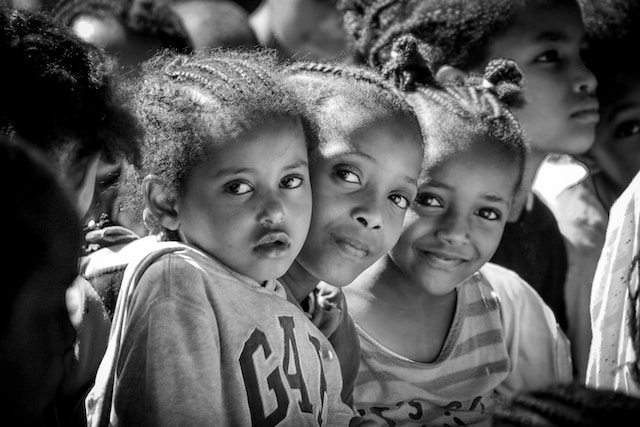Black American children are amongst those that are most impacted health-wise when evicted from homes, according to new research.
Conducted by Harvard Researchers, the systematic review, titled “Evictions and Infant and Child Health Outcomes,” looked over 11 previous studies conducted on the topic. The researchers examined studies that proved an association between eviction rates and at least one health outcome for children under the age of 18 years.
In their conclusion, the study’s leaders reported that, from eviction, children in general suffer from low birth weight, score lower on neuropsychology tests and have worse health overall. Black American children who were evicted were also associated with lower preterm births. All of the health issues, including mental health issues, were directly associated with structural racism, sexism and classism that affected Black women and their children at disproportionate levels.
In conversation with the San Francisco Observer, Bruce Ramphal, a researcher of the new study, emphasized the effect that eviction has on Black American children.
“There are so many elements of eviction, from the leading up to it, the possibility of court cases, the police contact, the frank dehumanization of Black people often [by] white people with power over your basic human rights,” said Ramphal per the news outlet. “All of that stuff is, I imagine, traumatic.”
Previous studies have found that children born to Black mothers are most often faced with eviction and with being unhoused. According to the nonprofit Center for American Progress, approximately 19% of Black American children experience eviction.
As a result of these evictions and being unhoused, the Center for American Progress reported a disruption to the mental and physical health of Black American children. According to the nonprofit, Black American children with parents who have suffered from house loss are liable to increased rates of emotional trauma, lead poisoning and academic decline.
These experiences were proven to have a long-lasting impact as later health issues were reported as a result of a childhood faced with eviction. Studies have proven that the experience has contributed to higher rates of cardiovascular disease and pulmonary disease, leading to a lower life expectancy.
According to the same study conducted in 2021, families of children born with adverse birth outcomes also had an increased chance of being evicted during the first five years of the child’s life. When evicted, the children were found to be exposed to a variety of infectious diseases in shelters for those who are unhoused; as a result of overcrowding, the study found that unhoused children were more likely to get tuberculosis, influenza and COVID-19.
“In this way, eviction deepens long-standing patterns of economic and housing instability and poor health, making it a threat to public health independent of the COVID-19 pandemic,” wrote the researchers in their published study. “Eviction is particularly traumatizing to children and affects emotional and physical well-being and development for years, if not for lifetimes.”








